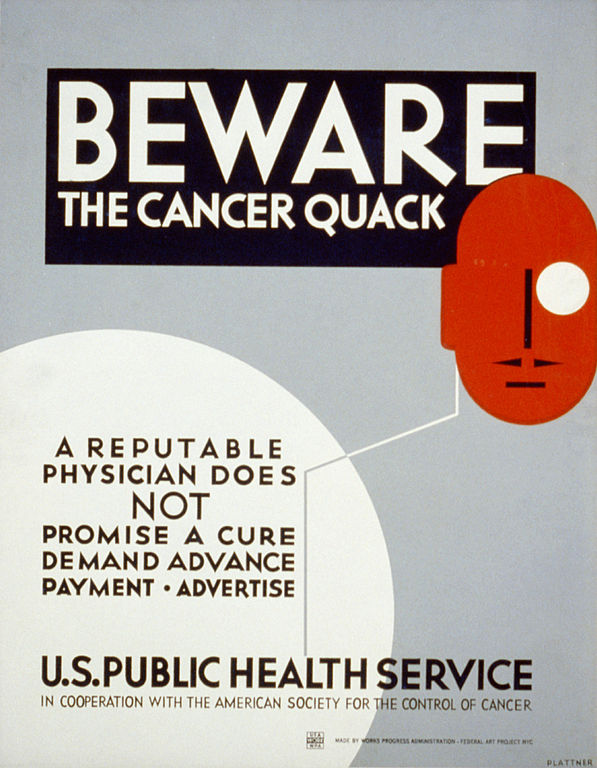SLP regulation in Australia: what matters most right now?
The big picture:
Speech-language pathologist (SLP) regulation affects us all. NDIS and other regulatory changes seem likely; and it helps to understand where we are, what’s at stake, and what to watch.
Why it matters:
The key goals of SLP regulation are quality care and public safety. But SLP regulation also determines or significantly affects our:
- status as health professionals;
- title (who can call themselves an SLP);
- minimum standards of practice (what’s expected of us);
- scope (areas) of practice (what we’re allowed to offer, and how);
- mobility (where we can practice);
- costs (e.g. professional and development fees, investments in compliance systems); and
- risk management (e.g. regulatory risks and mitigants).
State of play:
- Some allied health professions, like occupational therapists and physiotherapists, are registered professions under the National Registration and Accreditation Scheme (NRAS), and are overseen by the Australian Health Practitioner Regulation Agency (AHPRA) and profession-specific Boards under the Health Practitioner Regulation National Law Acts (the National Law).
- As with audiologists and dietitians, SLPs are self-regulated. Our peak body, Speech Pathology Australia (SPA), is a member of the National Alliance of Self Regulating Health Professions (NASRHP), which requires SPA to impose standards on its members that are closely modelled on AHPRA standards.
Self-regulation doesn’t mean unregulated:
- SLPs who are members of SPA are generally considered to be well-regulated.
- SPA members must meet robust ethical and professional standards and to provide safe, appropriate, and evidence-based services, to protect clients and the general public.
- SLPs’ activities are also subject to the NDIS Code of Conduct, Australian Consumer Law, and various states Statutory Codes of Conduct for Unregistered Health Practitioners.
- SLPs can work anywhere in Australia, and have a broad scope of practice.
- Self-regulation can be responsive to unexpected events (e.g. COVID-19) innovations (e.g. AI), and other changes, and allows SPA to implement SLP-specific rules when needed.
- Because of our risk profile, indemnity insurance, compliance, and other risk management costs are relatively inexpensive compared to some other professions.
Yes, but:
Not all SLPs and other stakeholders are satisfied with the current arrangements:
- Membership of SPA is voluntary:
- SPA can’t enforce standards on SLPs who are not members.
- In practice, most SLPs in private practice must be SPA members to be eligible to provide private health insurance and Medicare-funded or rebated services, or to be registered NDIS providers.
- But not all SLPs are members of SPA, including some SLPs in the public health sector. This is arguably unfair as all SLPs benefit from SPA’s advocacy, but SPA is funded by members.
- We are not a registered profession. This means:
- SLPs don’t have protected title (although Medicare and NDIS rules and consumer laws indirectly give us some protection);
- SLPs might be perceived by others as having a lower status than registered professions or providing lower value services – despite similar entry requirements and the efforts of SPA and NASRHP to mirror AHPRA standards; and
- in healthcare and disability reforms, we might be treated differently than registered professions, e.g. for NDIS registration purposes.
4 things to watch:
Registration and self-regulation have their pros and cons, and it’s unclear if registration is even an option at this stage. SLPs have a variety of views, and there’s a lot going on outside our control. Here’s what I’m watching:
- NDIS mandatory registration questions (see link): Under future reforms (yet to be announced):
- will SLPs be treated in the same way as the registered professions?
- will CPSP membership with SPA satisfy the requirements of mandatory NDIS Registration?
- Audiology regulation consultation outcomes (see link): Will audiologists (and/or other health professions) become registered, e.g. under the National Law?
- Scope of Practice Review Report (see link) – released today! This includes Recommendation 8 about possible changes to NRAS and/or the National Law for self-regulated professions.
- Business costs associated with any proposal: will SLPs incur additional professional fees, insurance costs, regulatory risks, and/or need to invest more in compliance systems and training?
Go deeper:
Read more:
NDIS Provider and Worker Registration Taskforce
Audiology Regulation Consultation on Decision Regulatory Impact Statement
Unleashing the Potential of our Health Workforce – Scope of Practice Review Final Report








